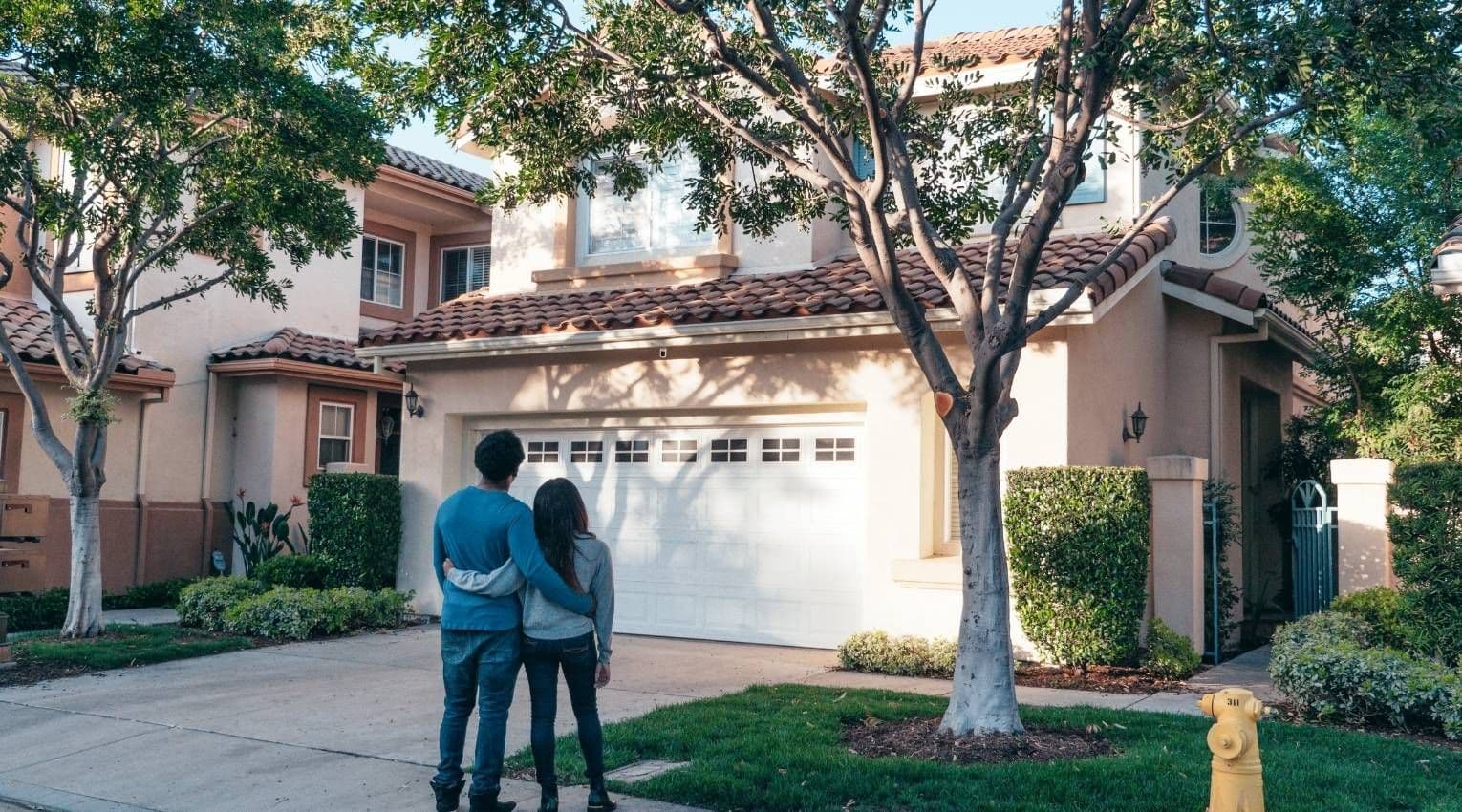5 Ways to Fund Your Vacation Home Down Payment

Long gone are the days when having a second home was an impossible dream. In recent months, especially in the wake of COVID-19, purchasing another property is more appealing — and more popular — than ever. In fact, a recent Redfin report found that demand for vacation homes surged 87% from pre-pandemic levels to January of 2022, and according to a Bloomberg survey, more than 33% of respondents said that they were more likely to buy a second home as a result of the pandemic. Beyond having a reliable vacation home to escape to every year, buying a second property has additional benefits — and there are a number of ways you can use the equity in your primary home to fund a down payment.
Advantages of a Vacation Home
Investing in real estate can be a great way to diversify your portfolio; in addition to stocks, bonds, and mutual funds, owning property can help you have a more well-rounded and less volatile collection of assets. There’s also the potential for gaining long-term earnings in addition to those from your primary residence through appreciation over time.
You can enjoy tax benefits as well. If you use the second property for most of the year rather than simply renting it out, you’re able to deduct both property taxes up to $10,000 and up to $750,000 of mortgage interest on your first and second homes. In order to take advantage of these benefits, however, you’ll first want to make sure you’re eligible, since there are some stipulations if you rent out the property for even a short amount of time during the year.
Thinking ahead to retirement, if you have your heart set on a particular destination in which to spend your golden years, you may be able to secure a spot at a relatively low price and interest rate and reap the benefits of appreciation rather than waiting until you’re ready to retire to purchase a property.
And, of course, there are the priceless emotional benefits of having a place in which you can make lasting memories with your family and friends.
How to Fund Your Vacation Home Down Payment
1. Home Equity Loan
One of the most common options is a home equity loan, which usually has the advantage of a fixed interest rate, so your payments will be consistent every month. You’ll also receive the funding in a lump sum, which can be helpful in terms of getting a down payment together quickly. However, you’ll need to be prepared to foot the bill for the loan installments on top of your existing monthly mortgage payments, which can add up.
2. Home Equity Line of Credit (HELOC)
Another method is a home equity line of credit (HELOC). On the plus side, you have quite a bit of flexibility — both in terms of how much money you can access and how often you can access it. However, the variable interest rates attached to HELOCs can mean that monthly payments can fluctuate significantly from month to month. You’ll also want to keep an eye on your credit score, since the lender can freeze your HELOC if it drops too low.
3. Cash-out Refinance
A cash-out refinance lets you access your equity through a new mortgage on your home that has a balance larger than your current one, giving you the difference in cash to pocket and put toward your expenses. However, keep in mind that you’ll have to pay the same fees on this mortgage as the original one, including those for closing costs and potentially an appraisal.
4. Home Equity Investment
Finally, a home equity investment provides you with cash in exchange for a share of your home’s future value. There aren’t any interest or monthly payments to worry about, nor any restrictions on how you use the funds — so you can use the cash toward a down payment on a second home, or even to pay off debt in order to get your finances into better shape before buying another property. With a Hometap Investment, you have 10 years to settle with savings, a refinance, or through the sale of your home.
5. Alternative Sources
Beyond your equity, you can also use savings, investment sources (IRAs, 401(k)s), additional income streams from a side hustle — or a combination of these — to pull together the money for a down payment.
The more you know about your home equity, the better decisions you can make about what to do with it. Do you know how much equity you have in your home? The Home Equity Dashboard makes it easy to find out.
You should know
We do our best to make sure that the information in this post is as accurate as possible as of the date it is published, but things change quickly sometimes. Hometap does not endorse or monitor any linked websites. Individual situations differ, so consult your own finance, tax or legal professional to determine what makes sense for you.
More in “Financial Goals”

Can You Afford Your Mortgage on a Single Income? A Guide for Life's Transitions

The Complete Costs of Buying and Selling a Home

